New 75,300-Square-Foot Livestock & Poultry mRNA Vaccine Plant to Produce 8 Billion Doses Annually Amid Bird Flu Pandemic Warnings
Ceva press release emphasizes company's focus on "emerging diseases" and "contributing to prepare for future pandemics."
Ceva Animal Health (Ceva) announced earlier this month its construction of a new vaccine manufacturing facility in Monor, Hungary that will produce more than 8 billion doses annually.
Follow Jon Fleetwood: Instagram @realjonfleetwood / Twitter @JonMFleetwood / Facebook @realjonfleetwood
Ceva is the fifth largest animal health company internationally, with a presence in 110 countries.
The new plant is scheduled to begin operations by winter 2026.
Ceva’s latest investment in European vaccine manufacturing significantly expands the capacity of Ceva Phylaxia, a Ceva subsidiary specializing in the research, development, and production of veterinary vaccines and pharmaceutical products.
“With this investment, it will further strengthen its position, producing more than 8 billion doses of vaccines in this new manufacturing plant annually, on top of other animal health products,” a company press release reads.
Bird Flu Pandemic Follows COVID-19 Script
The move comes amid mainstream worries of an apparently imminent H5N1 influenza bird flu pandemic, which follows U.S.-China gain-of-function experiments on the very same pathogen—similar to the experiments tied to the origins of the COVID-19 pandemic.
The COVID pandemic likely arose from a laboratory leak, as confirmed by the FBI, Department of Energy, the former Director of National Intelligence (DNI) John Ratcliffe, and other health authorities.
On Sunday, the California Department of Public Health (CDPH) claimed a sampling of retail raw milk tested positive for avian flu, although probably using the PCR test method confirmed to be 97% unreliable by Oxford Academic journal Clinical Infectious Diseases.
Countries are investing billions (here) in preparation for a bird flu outbreak, including vaccine efforts, despite drugs like Ivermectin and Xofluza already being safe, effective, readily available treatments.
Even though Ivermectin and Xofluza are proven to treat bird flu, the U.S. Food & Drug Administration (FDA) has stated it will skip the drug approval process for bird flu vaccines, as the agency did for COVID shots.
The FDA has recently been accused of failing to meet federal safety requirements critical to protecting public and employee health by congressional committees.
Follow Jon Fleetwood: Instagram @realjonfleetwood / Twitter @JonMFleetwood / Facebook @realjonfleetwood
Ceva’s Future Pandemic ‘Preparedness’
Ceva’s roughly 75,300 sq. ft. facility will utilize “the most advanced technologies, where Ceva will produce fermentation-based multicomponent inactivated vaccines for animals,” according to the press release.
The pharmaceutical manufacturer has been heavily investing in jabs for the last two decades, concentrating on zoonotic diseases, which are diseases or infections that can be transmitted from animals to humans.
This language in the company’s announcement signals its alignment with a broader agenda aimed at so-called pandemic preparedness, which often overlaps with controversial areas like gain-of-function research and experimental vaccine development.
The press release emphasizes the company’s focus on “emerging diseases” and “contributing to prepare for future pandemics.”
This suggests Ceva is committed to shaping or playing a big part in the narrative around future health crises, potentially prioritizing profit and influence over transparent risk assessment or public accountability.
Marc Prikazsky, the Chairman and CEO of Ceva Animal Health, confirmed the company will be creating “new synergies to advance preventive medicine” in the name of tackling “emerging diseases and new variants.”
mRNA Jabs for Animals
A full 54% of Ceva’s research and development budget is “dedicated to vaccine development.”
The pharma giant already provides more than 50 vaccines to respond to 19 zoonotic diseases.
Ceva touts itself as “the most innovative animal health company in vaccine technologies and one of the leading players on a global scale.”
The company is deeply entrenched in the international livestock and poultry industry, positioning itself as a dominant player in veterinary biotechnology.
Its rapid development of an mRNA platform for animals suggests an aggressive push to lead in emerging technologies, mirroring trends seen in human vaccines.
The company is the “first and only company to have developed a mRNA platform for animals in less than three years, the historical world leader in vector vaccines for poultry, and remains the world leader in broiler vaccination and #1 in hatchery vaccination.”
This indicates a stronghold over key areas of agricultural bioengineering, raising questions about the consolidation of influence over animal health interventions and the potential implications for food supply chains.
mRNA jabs are associated with many problems that lead to negative health outcomes, including ingredients like pseudouridine being linked to cancer growth, frameshifting linked to immune system disorders, DNA contamination, and spike protein toxicity.
The company has also extensive experience in what are called ‘autogenous vaccines,’ which are custom-made vaccines created from pathogens isolated from a specific animal population to target strains not addressed by commercial vaccines.
Follow Jon Fleetwood: Instagram @realjonfleetwood / Twitter @JonMFleetwood / Facebook @realjonfleetwood
FDA Greenlights New Bill Gates-Funded ARCT-2304 Self-Replicating samRNA 'Pandemic' H5N1 Bird Flu Jab
Arcturus Therapeutics, a company specializing in mRNA-based pharmaceuticals, quietly announced Monday that the U.S. Food and Drug Administration (FDA) has granted approval for its Investigational New Drug (IND) application for ARCT-2304, a self-amplifying mRNA (sa-mRNA) injection targeting the H5N1 avian influenza “bird flu” virus.
FDA to Skip Drug Approval Process for Bird Flu Vaccine: Dr. Peter Marks Confirms Agency Will Leverage Controversial 'Emergency Use Authorization' (EUA) Tactic as It Did with Deadly COVID Jab
Dr. Peter Marks, Director of the Center for Biologics Evaluation and Research (CBER) at the U.S. Food and Drug Administration (FDA), confirmed last week that the FDA will skip the rigorous drug approval process for influenza bird flu (H5N1) vaccines, as it did for COVID-19 jabs.
Australia Makes $1 Billion Bet On Coming H5N1 Pandemic, Creates Bird Flu Task Force
The Australian government has unveiled a massive $1 billion biosecurity investment to prepare for potential outbreaks of the H5N1 bird flu, a strain it says poses “significant risks” to the nation’s industry, trade, and wildlife.
Bird Flu: CPT Code Update Readies U.S. Health Systems for New mRNA Jab Rollout Skipping FDA Approval Process
In anticipation of a coming avian influenza (bird flu) pandemic, the American Medical Association (AMA) on Friday announced an editorial update to the ‘Current Procedural Terminology’ (CPT) code set in order to account for the development and administration of bird flu “vaccines.”
U.S. Gov't Manufactures Bird Flu PCR Test In-House Without Third-Party Oversight
The United States government has come under scrutiny for manufacturing the bird flu PCR test in-house without third-party oversight, raising concerns about the accuracy and reliability of the tests as well as their purpose.
New H5N1 Bird Flu Strain May Have Come from U.S. Biolab: McCullough Study Corroborates Earlier JonFleetwood.com Reports
A recent preprint paper authored by Nicolas Hulscher, John Leake, and Dr. Peter McCullough proposes that…
U.S. Gov't Taps Pfizer, Moderna for mRNA Bird Flu Jabs Despite Already-Available Safe, Effective Treatments
The U.S. government is nearing an agreement to bankroll a late-stage trial of Moderna Inc.’s mRNA bird flu vaccine (mRNA-1038), Financial Times reports.
PCR Test Now Being Used to Detect Bird Flu Is 97% Unreliable: Oxford Academic Journal 'Clinical Infectious Diseases'
A September 2020 publication in Clinical Infectious Diseases confirms that the test method known as ‘reverse-transcription polymerase chain reaction’ (RT-PCR), currently being used to detect the presence of the bird flu virus, is accurate less than 3% of the time.
NIH's 2017 Reversal of Gain-of-Function Research Ban Only Applied to 2 Virus Families: Coronavirus and Influenza—One Caused the 2019 COVID Pandemic, the Other Is About to Cause a Bird Flu Pandemic
The only two virus families re-authorized by the U.S. National Institutes of Health (NIH) to receive funding for dangerous gain-of-function (GOF) experiments happen to include the virus that caused the last pandemic and the virus that will cause the next pandemic.
U.S. 'Relaxes' Biolab Regulations for Handling Deadly Pathogens Despite Ex-CDC Chief's Bird Flu Pandemic Warning
The United States has “temporarily relaxed strict guidelines” for handling, storing, and transporting dangerous H5N1 bird flu samples, following a request from the Association of Public Health Laboratories (APHL), a U.S. government-funded nonprofit membership organization.
7 Studies Confirm Antiviral 'Xofluza' Is 'Drug of Choice' for Bird Flu, as USDA Tests Ground Beef for Virus
The U.S. Department of Agriculture (USDA) will begin testing ground beef for H5N1 bird flu (influenza) particles, as the virus has reportedly been found in nearly three dozen dairy herds across nine states.
8 Studies Support Ivermectin's Effectiveness Against Influenza Amid Bird Flu Pandemic Worries
As the H5N1 influenza A virus (IAV) infects birds and mammals, including humans, across the world, health experts are warning a bird flu pandemic could be “100 times worse” than COVID-19.
FDA 'Failing to Meet Safety Requirements': House Energy & Commerce Committee
In a scathing new report published earlier this month, Energy and Commerce Committee Republicans revealed alarming shortcomings in the Food and Drug Administration’s (FDA) laboratory safety protocols, accusing the agency of failing to meet federal safety requirements critical to protecting public and employee health.
FDA, HHS Cut 'Informed Consent' Rule That Gives Patients Full Understanding of Risks, Benefits, and Alternatives of Medical Procedures and Drugs Before Agreeing to It in Some Clinical Tests
A December publication in the U.S. Federal Register, part of the National Archives and Records Administration, reveals the Food and Drug Administration (FDA) and Department of Health and Human Services (HHS) have issued a final rule that “allows an exception from the requirement to obtain informed consent” in certain clinical investigations.
U.S. Army, FDA, CDC Refuse to Cooperate with Florida's COVID-19 Vaccine Safety and Efficacy Investigation
A Florida grand jury, convened by Republican Governor Ron DeSantis to investigate the efficacy of COVID-19 vaccines, revealed on Friday that several federal agencies have declined to cooperate with their inquiries.




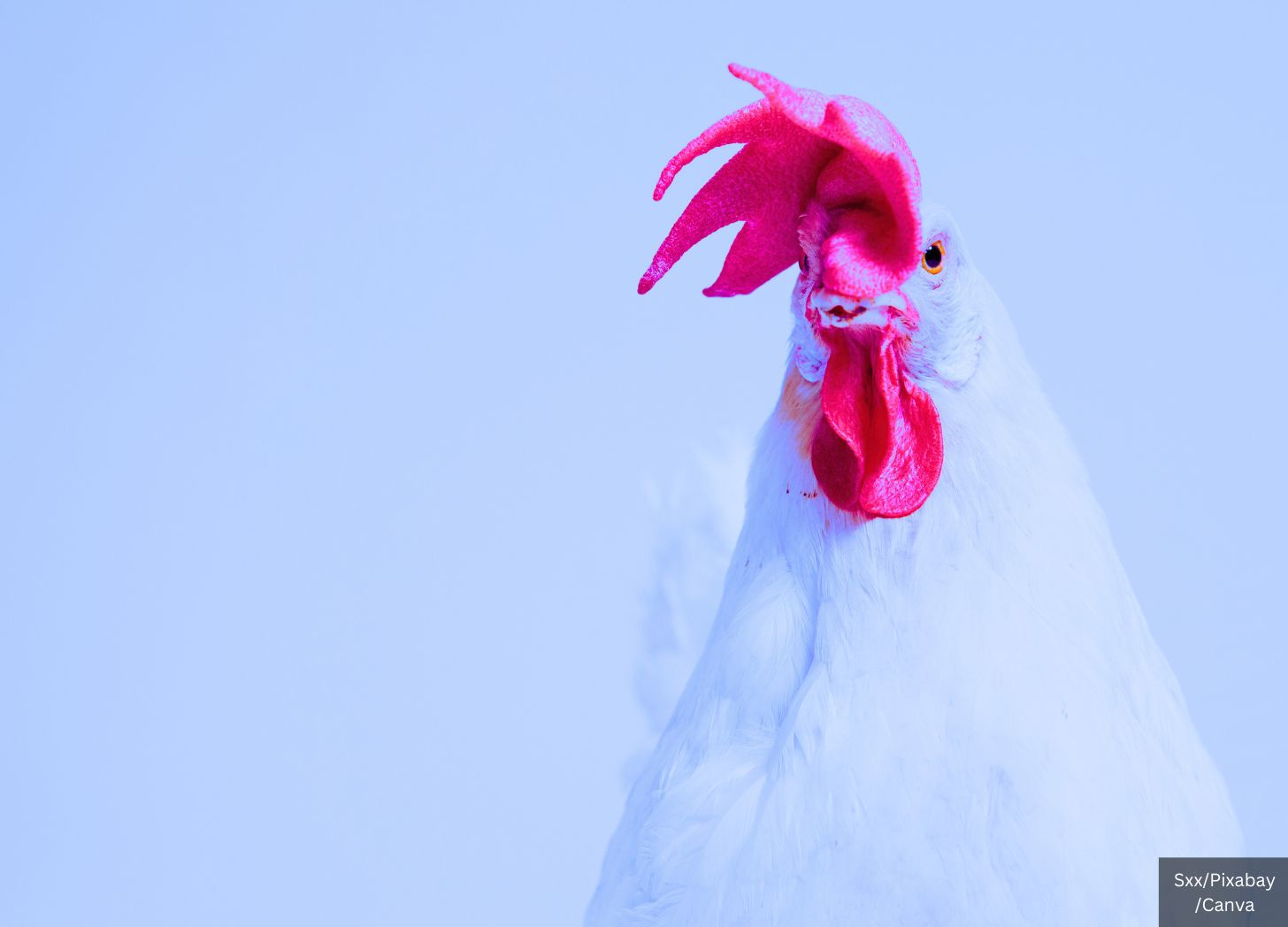



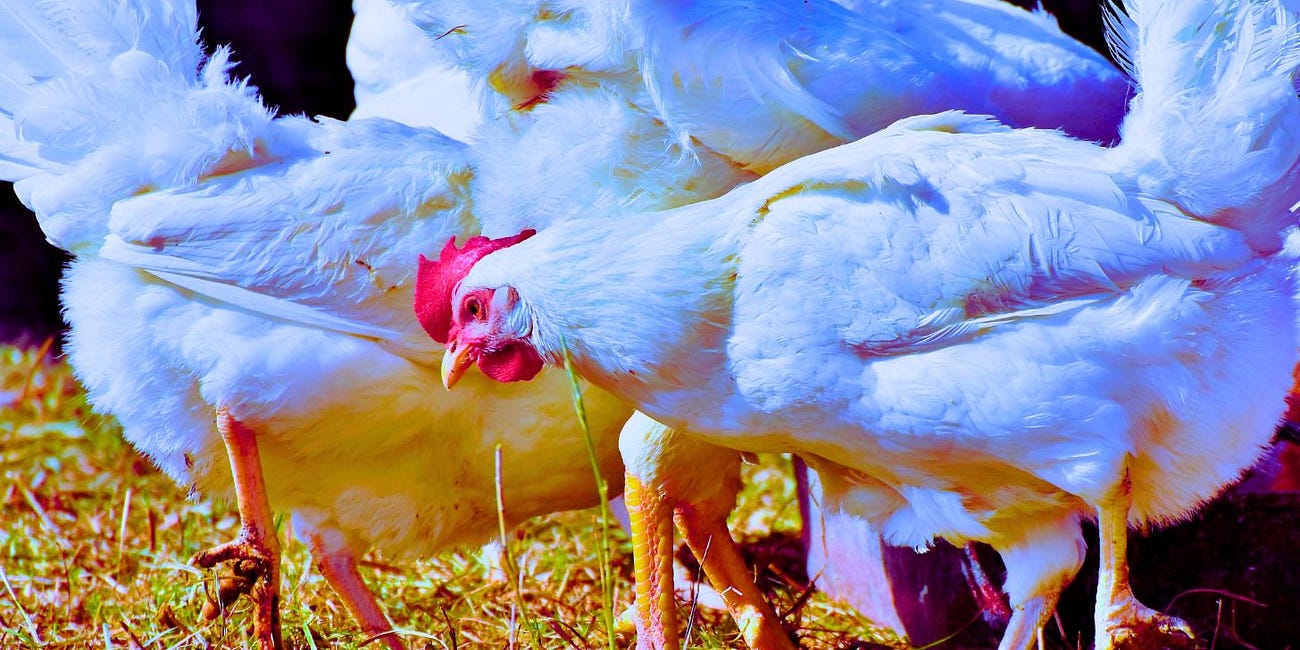
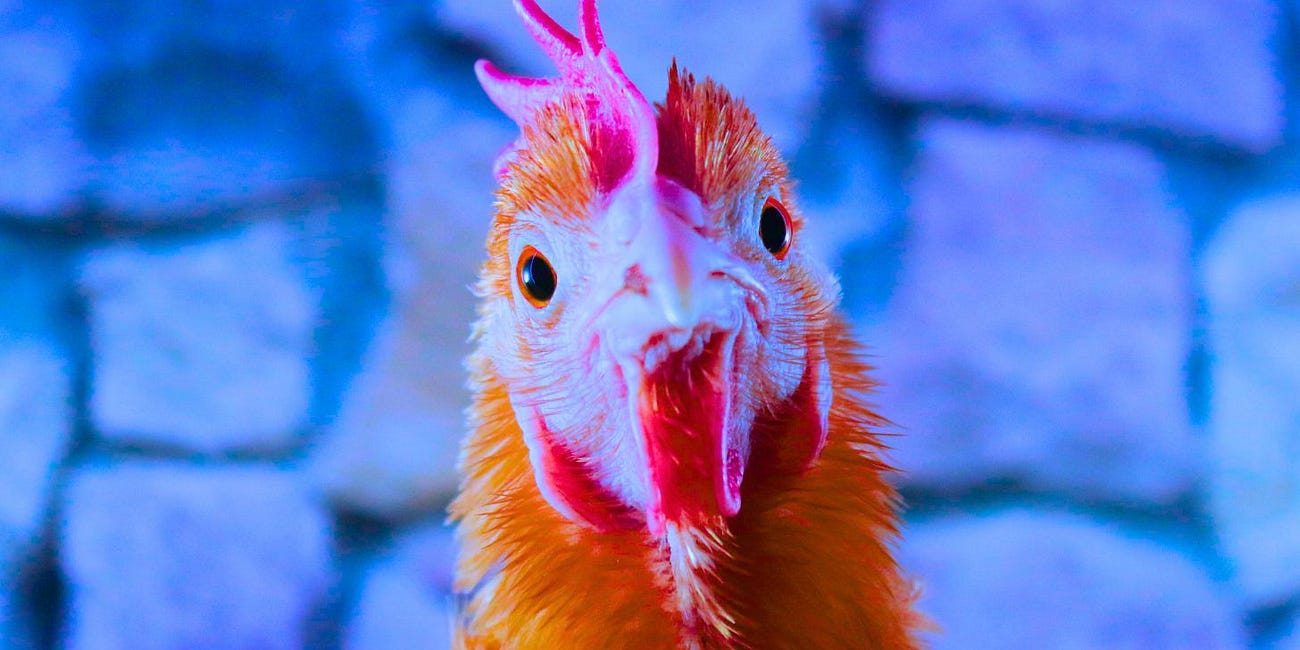
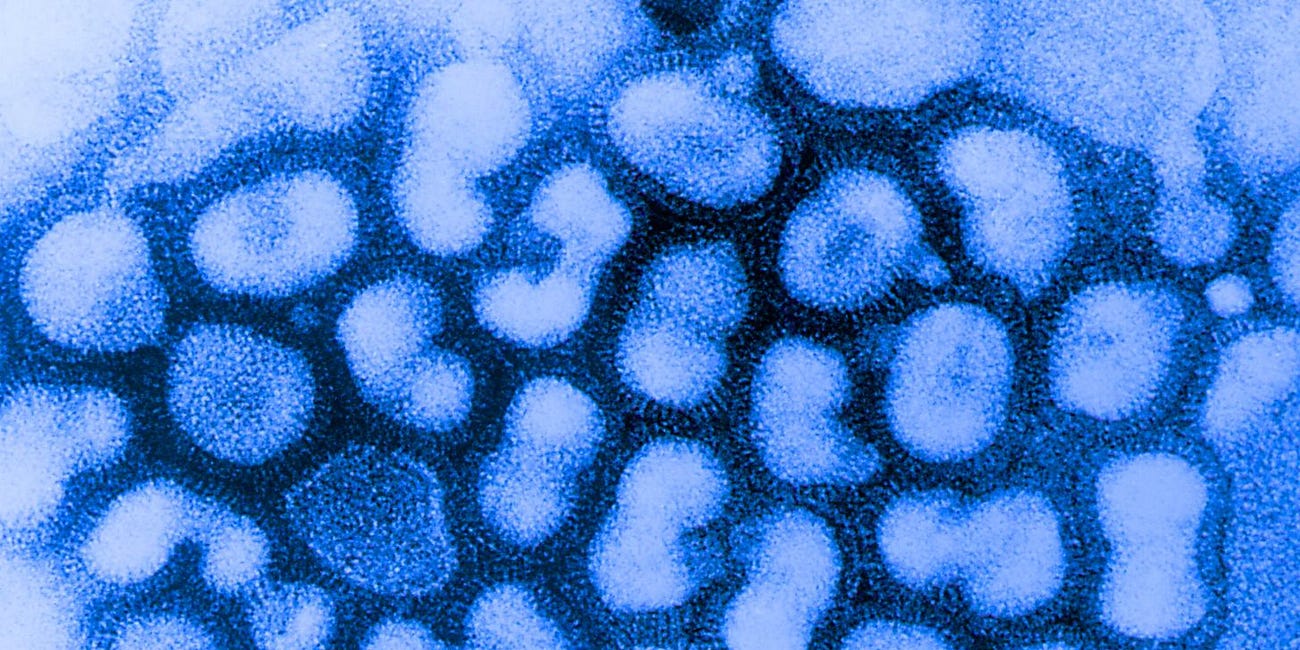

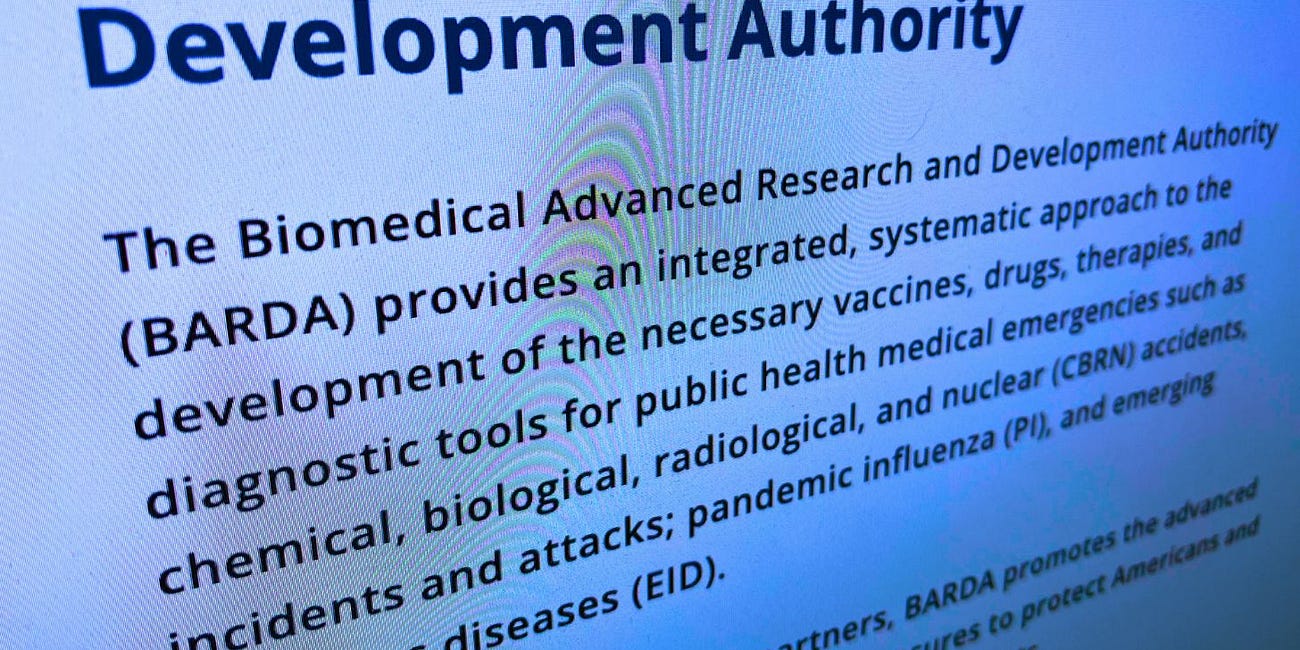
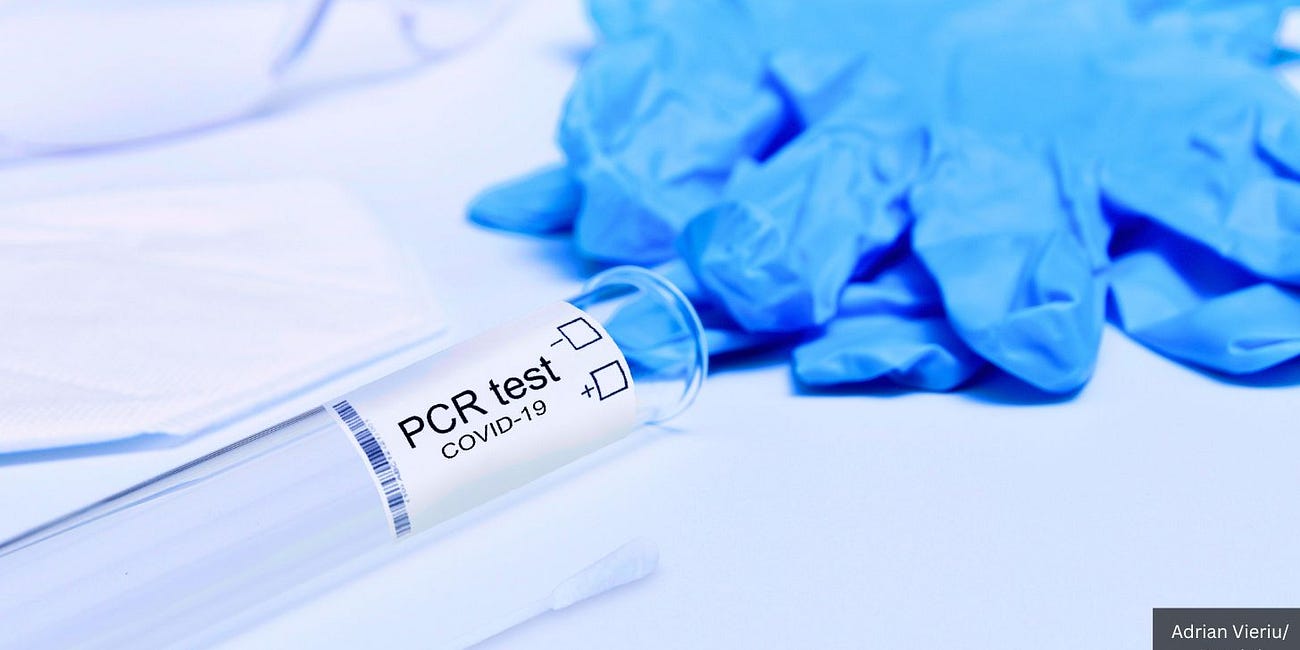
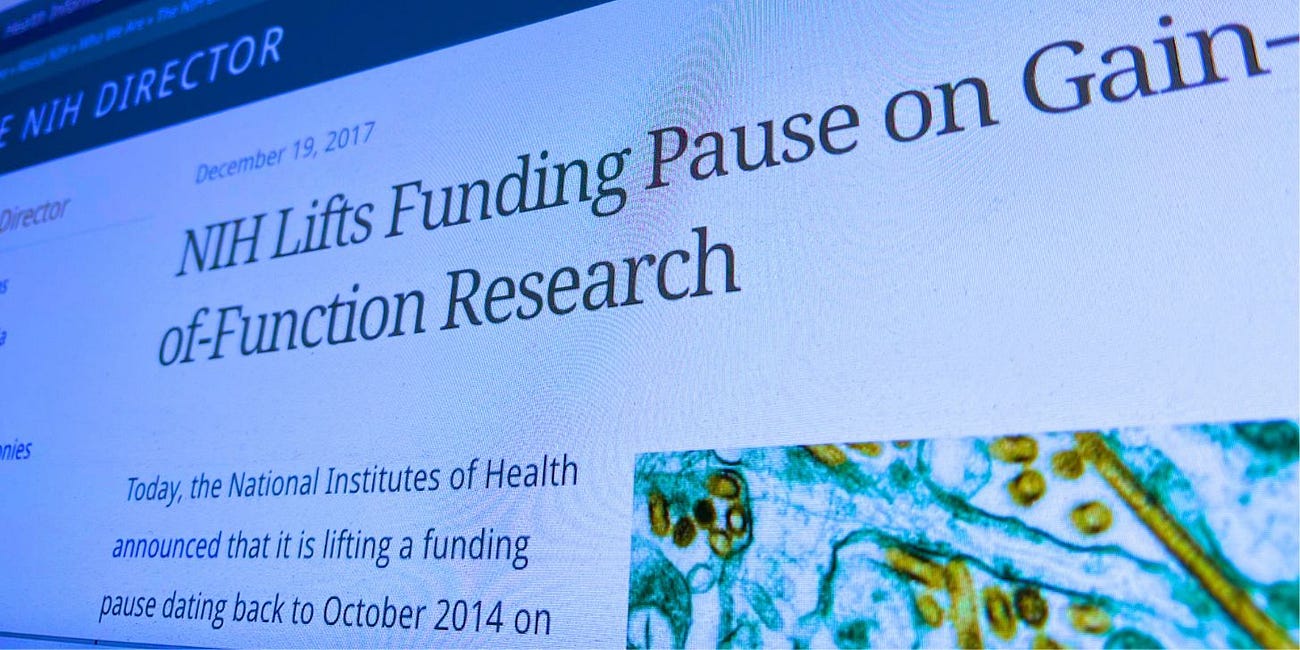
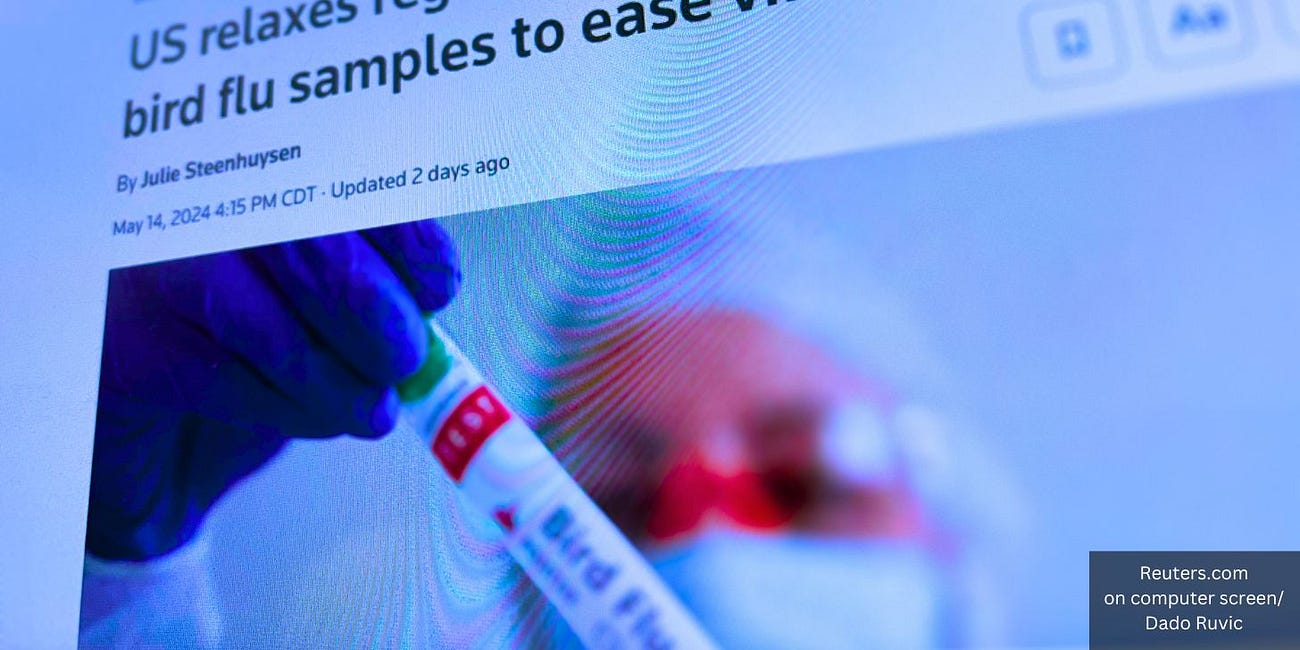
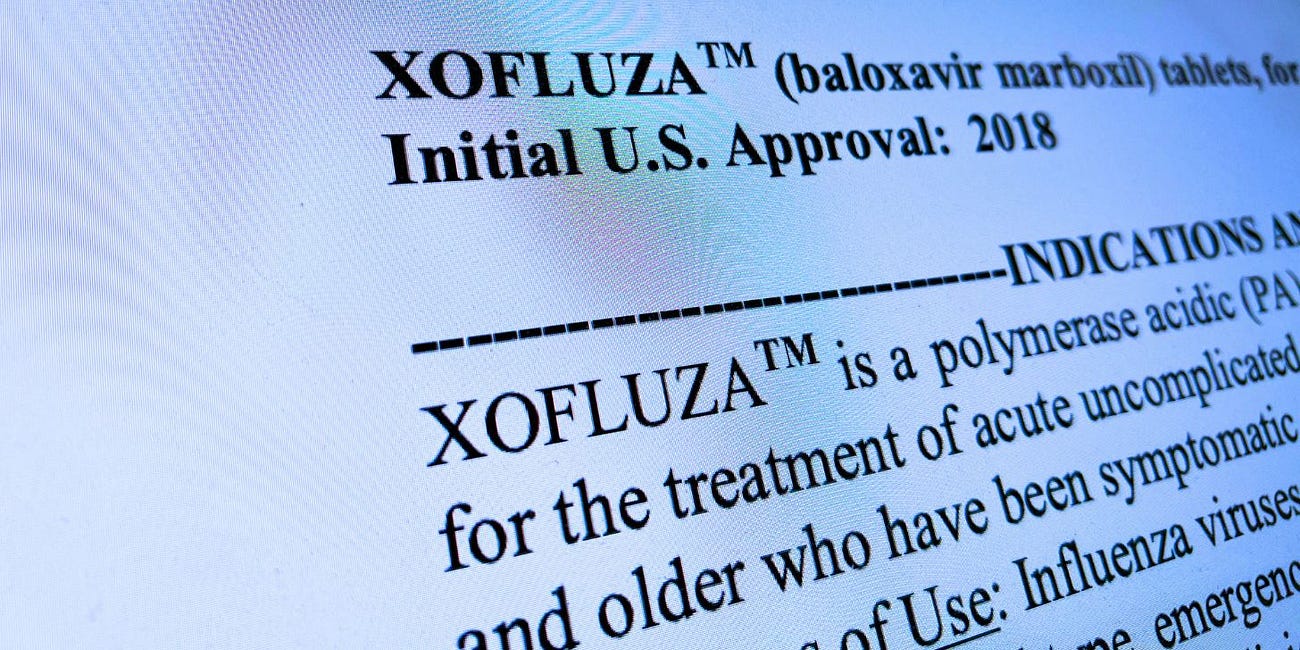
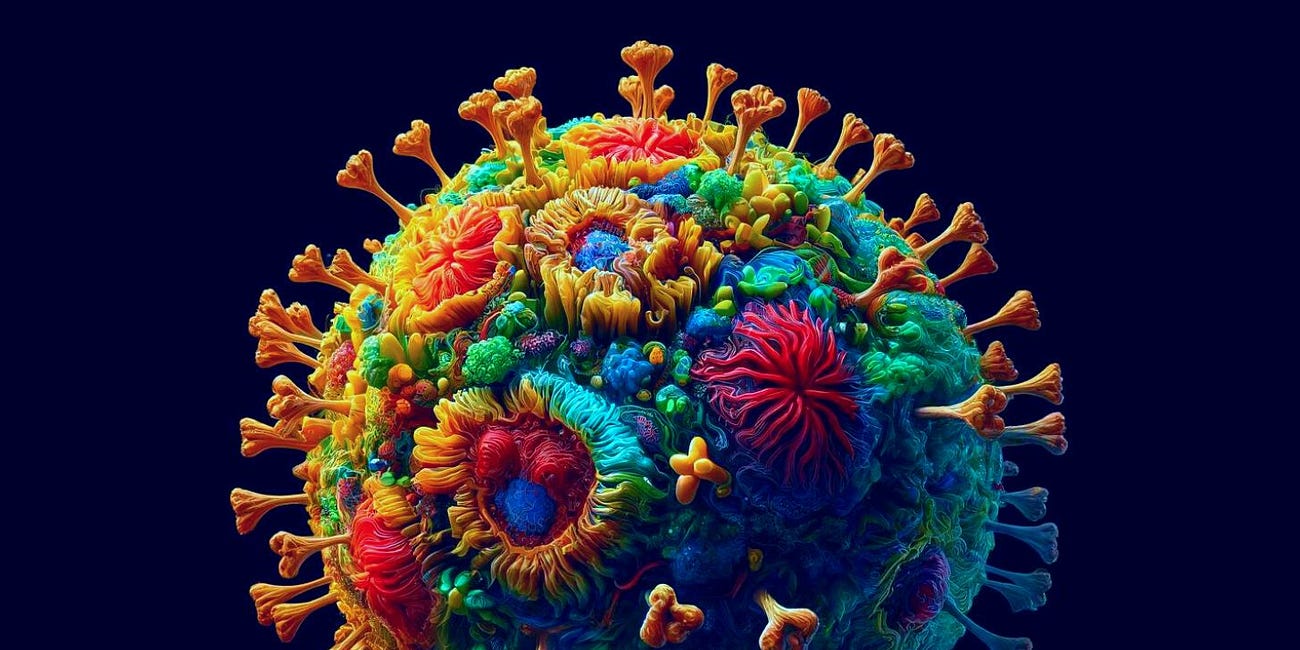

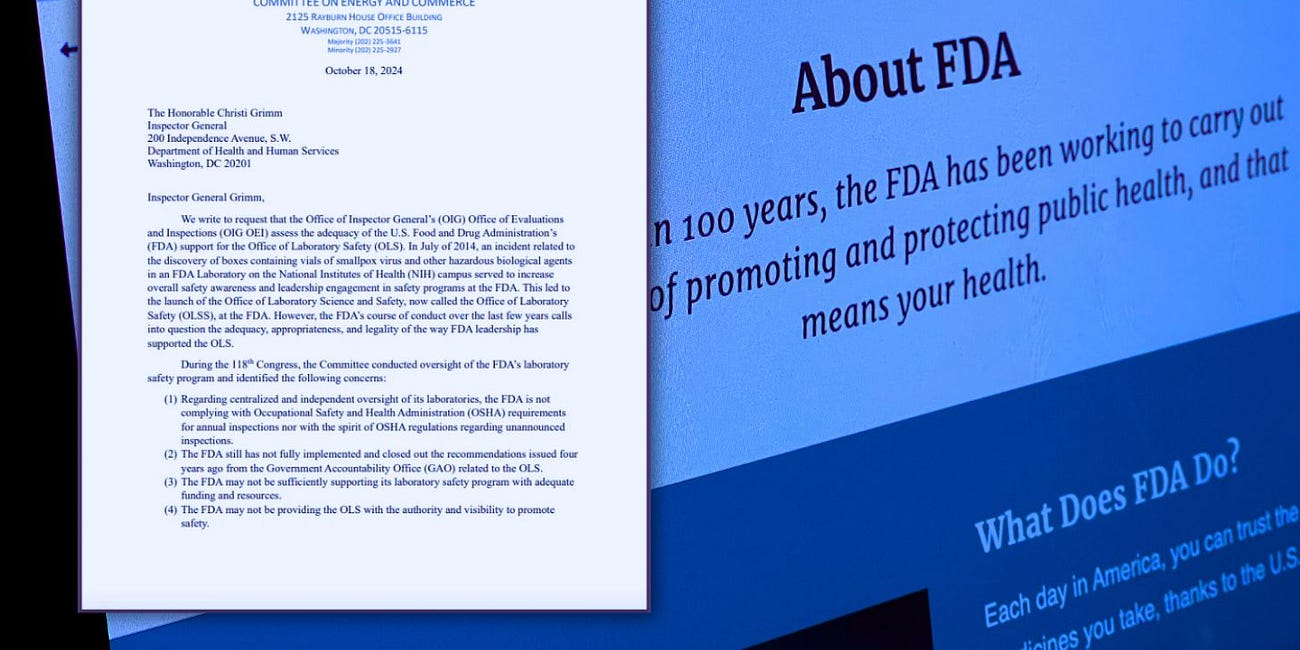

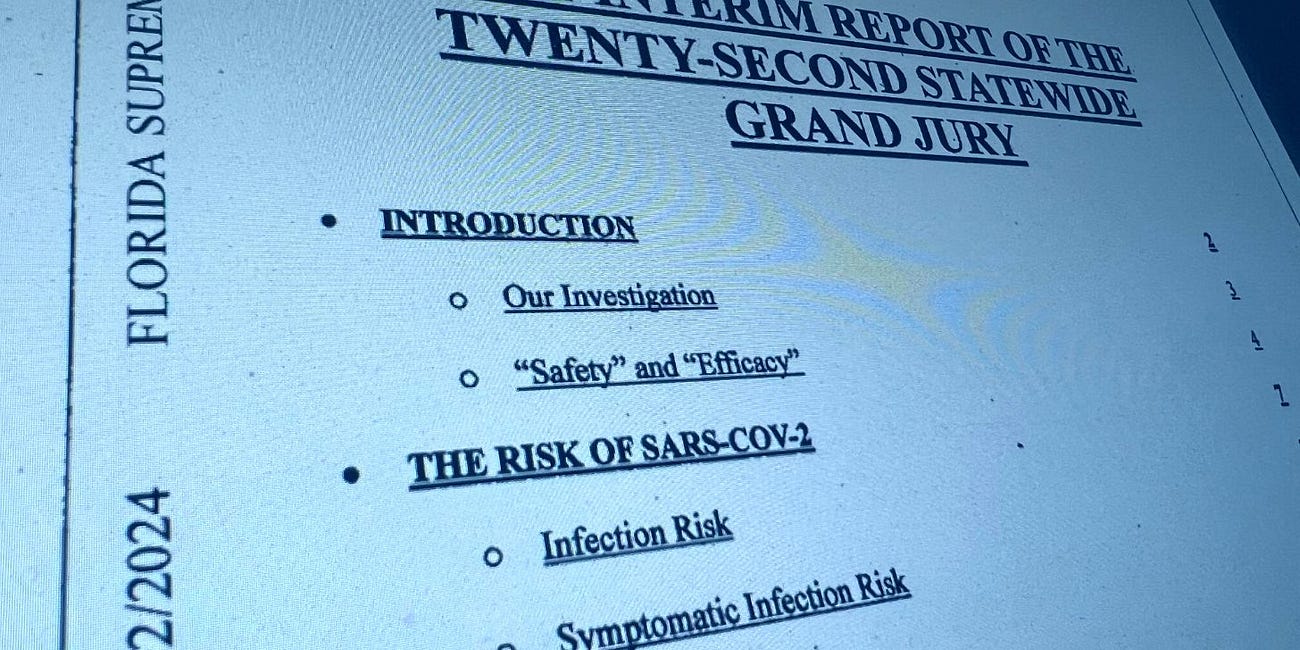

Klaus Schwab, Larry Fink, Bill Gates. John Kerry, et al., all told us that behaviors moving forward were going to have to be enforced.
So, the global clubbing's, arrest's, censorship, snitching, forced indirect poisonings via our food, are all accelerating right on schedule.
They can make all the mRNA vaccine's they want and even make them mandatory, however at the end of the day you don't have to take them! It is your choice!
"Give Me Liberty or Give Me Death" - Patrick Henry 1775